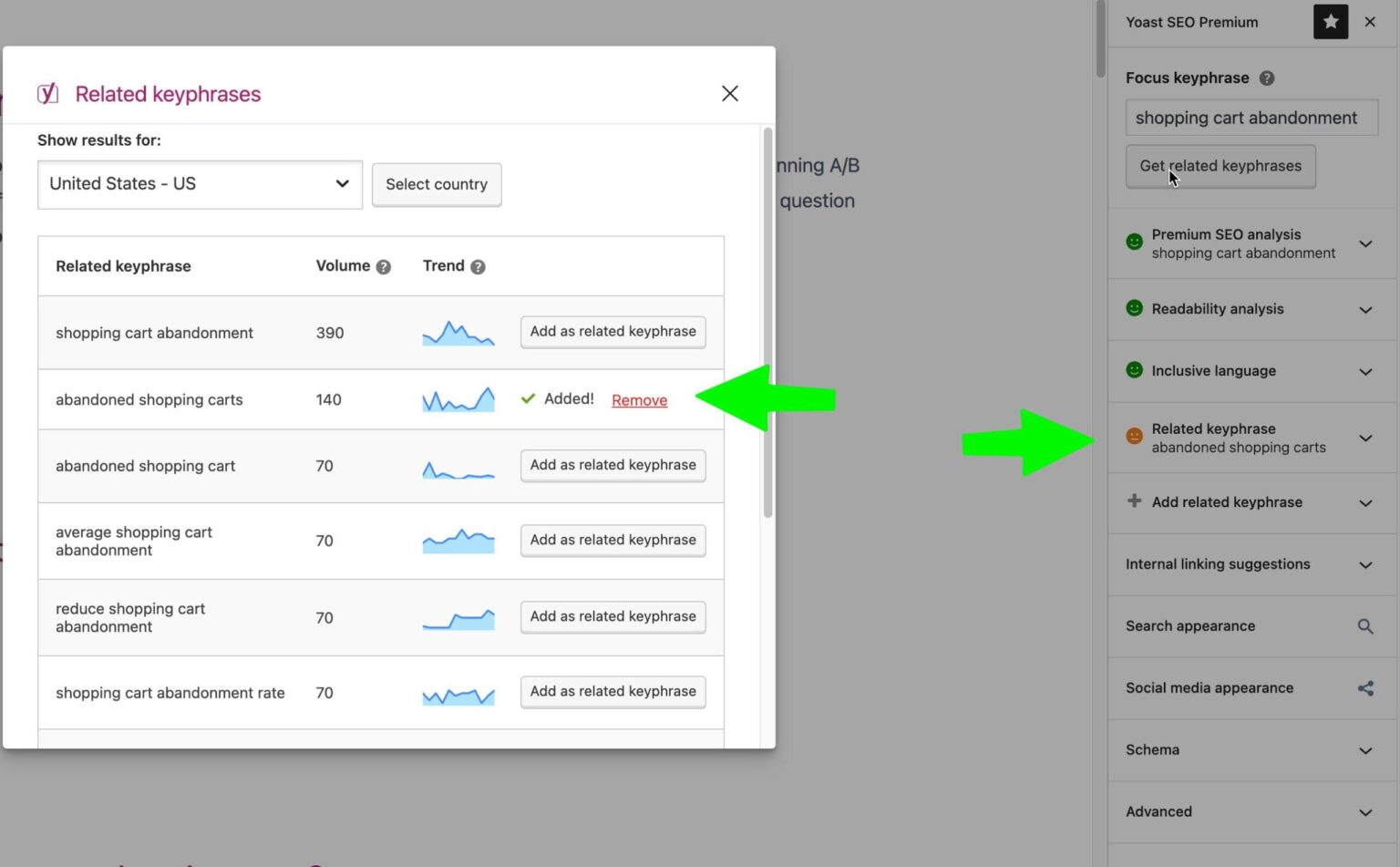Strengthening Africa’s Mpox Diagnostic and Sequencing Capacity: A Collaborative Leap Forward
In a decisive effort to reinforce healthcare systems throughout Africa, the Africa Centers for Disease Control and Prevention (Africa CDC) has teamed up with the European Commission to launch an innovative program focused on expanding mpox testing and genomic sequencing capabilities. This partnership arrives at a crucial juncture as African nations confront escalating public health challenges, including emerging infectious diseases that demand enhanced surveillance and rapid response frameworks. By channeling investments into state-of-the-art diagnostic infrastructure, this initiative aims to accelerate outbreak detection, improve patient outcomes, and fortify continent-wide health security.
Uniting Forces: Africa CDC and European Commission’s Vision for Mpox Testing Enhancement
The collaboration between Africa CDC and the European Commission represents a landmark commitment to closing critical gaps in mpox diagnostics across African countries. Central to this alliance is the modernization of laboratory networks through facility upgrades, provision of advanced equipment, and technical mentorship tailored to local contexts. Beyond infrastructure improvements, fostering cross-border cooperation will enable knowledge exchange among public health experts while promoting harmonized protocols for disease monitoring.
- Upgrading Laboratory Capacities: Modernizing existing labs with cutting-edge technologies designed for accurate mpox detection.
- Empowering Healthcare Workers: Delivering comprehensive training programs on novel testing methodologies tailored for mpox identification.
- Cultivating Regional Partnerships: Encouraging collaborative platforms where countries share data insights and best practices.
- Optimizing Data Systems: Enhancing mechanisms for real-time data collection and dissemination to inform timely interventions.
This framework not only targets immediate improvements in mpox management but also establishes scalable models applicable to other infectious diseases prevalent in the region. The emphasis on measurable progress ensures that advancements contribute sustainably toward equitable healthcare access across diverse communities.
Tactical Approaches to Amplify Mpox Genomic Sequencing Across African Nations
A comprehensive strategy is essential for elevating genomic sequencing proficiency related to mpox within African public health laboratories. Foremost among these tactics is strengthening collaborative networks that link regional institutions with global research bodies-facilitating resource sharing as well as joint scientific endeavors. Concurrently, specialized capacity-building initiatives aimed at equipping local scientists with expertise in genomics analysis are vital; such programs foster autonomy in managing pathogen surveillance long-term.
An equally important pillar involves substantial investment in laboratory infrastructure-acquiring next-generation sequencing platforms alongside necessary reagents enhances throughput speed without compromising accuracy. Complementary community outreach campaigns can demystify genomic technologies’ role during outbreaks while encouraging public participation in prevention efforts. Collectively, these measures position African nations at the forefront of innovative disease control strategies amid rising cases reported recently-for instance, Burundi has seen a notable surge prompting urgent vaccine negotiations underlining urgency (source). Ultimately, these efforts contribute decisively toward safeguarding population health against future outbreaks (source).
Sustaining Progress: Recommendations for Long-Term Collaboration & Capacity Development
The success of this initiative hinges upon enduring partnerships that transcend sectors-including governments, non-governmental organizations (NGOs), academia, private enterprises-and emphasize shared responsibility towards infectious disease control goals. To nurture such alliances effectively:
- Create Joint Training Frameworks: Develop standardized curricula enabling continuous skill enhancement among laboratory personnel specializing in genomic diagnostics.
- Maintain Open Communication Channels: Facilitate regular stakeholder meetings ensuring transparency about achievements as well as obstacles encountered during implementation phases.
- Pursue Community Involvement: Engage local populations actively through education campaigns fostering ownership over preventive measures thereby increasing compliance rates during outbreaks.
Sustainability also demands prioritization of resource longevity by reinforcing supply chains critical for uninterrupted access to diagnostic materials like reagents or swabs; integrating digital tools within healthcare infrastructures further streamlines data management enhancing responsiveness.
Innovative financing approaches-such as blended funding models combining donor aid with private sector investment-can incentivize ongoing collaboration while reducing dependency risks associated with single-source funding streams.
| Main Focus Area | Catalytic Actions Required |
|---|---|
| Nurturing Partnerships | Create robust frameworks facilitating multi-sector collaboration |
| Cultivating Community Ownership | Energize awareness initiatives promoting active participation |
| Laboratory Strengthening | Sustain investments targeting local diagnostic capacities |
A Forward-Looking Perspective: Building Resilient Health Systems Through Innovation and Cooperation
The joint endeavor by Africa CDC alongside the European Commission signifies more than just an upgrade-it embodies a transformative vision aimed at revolutionizing how infectious diseases like mpox are detected and managed continent-wide (source link). By advancing molecular testing techniques coupled with expansive sequencing capabilities,a new standard emerges empowering rapid containment responses while bolstering overall system resilience against future epidemics.
This proactive stance reflects an understanding that investing today yields dividends tomorrow-not only protecting millions from potential outbreaks but also positioning Africa as a leader within global health innovation landscapes.
As stakeholders monitor implementation closely over coming years,the hope remains clear: establishing durable infrastructures capable of adapting swiftly amidst evolving epidemiological threats will ultimately safeguard lives across generations ahead.

